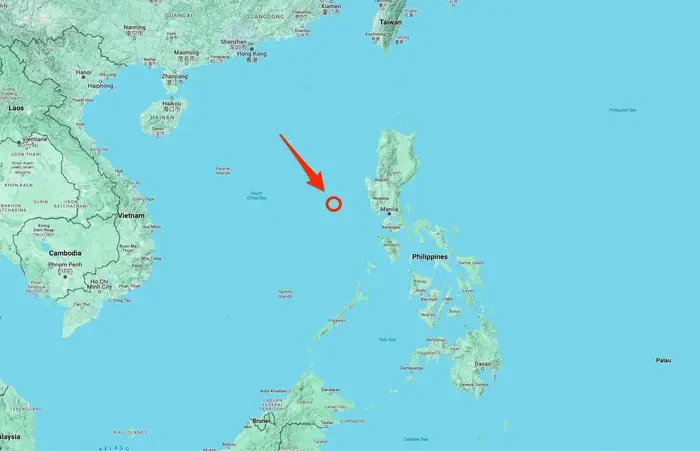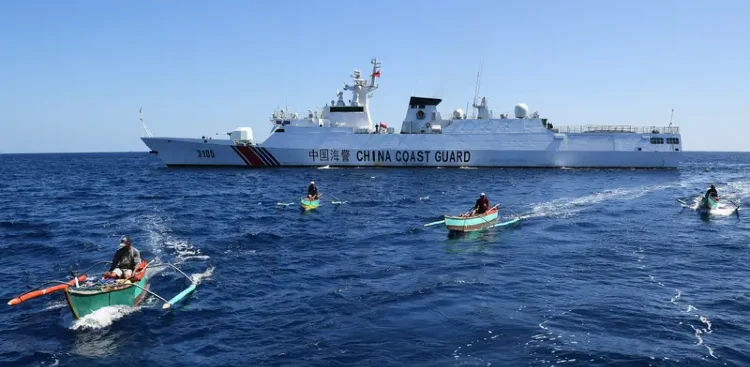The Philippine Fisheries Bureau has accused Chinese fishing vessels of a blatant environmental offense: pumping cyanide into the contested Scarborough Shoal’s waters. This area, rich in fish and traditionally Filipino, has been a point of contention with China.
The bureau’s spokesperson, Nazario Briguera, didn’t hold back, stating, “These Chinese fishermen use cyanide,” highlighting a method known for its devastating impact on marine life and ecosystems. Cyanide fishing, despised for its broad, indiscriminate killing, has now been weaponized to “intentionally destroy Bajo de Masinloc,” preventing Filipino fishers from accessing their waters, as per The Philippine Star.

The damage? A staggering estimated $17,850,000, according to initial assessments. Despite not conducting a formal study, the bureau sees this as a “serious concern.” Briguera is pushing for evidence, expecting clearer proof soon, which could indict not only Chinese but possibly other foreign fishers as well.
Contradicting the bureau, the Philippine Coast Guard found no evidence to back these cyanide fishing claims. Commodore Jay Tarriela stated they lack scientific study or evidence to pin this practice on Chinese or Vietnamese fishermen. It’s a notable discrepancy, highlighting the challenges in policing these rich yet contested waters.
China’s history of overfishing and territorial claims in waters that are not theirs is well-documented. The Scarborough Shoal dispute exemplifies this pattern. Despite an international tribunal ruling in favor of the Philippines in 2016, China continues to ignore international law, patrolling with warships and coast-guard vessels, and effectively controlling the shoal.

Filipino fishing groups report hundreds of Chinese vessels overfishing, causing significant ecological damage. Researchers in 2018 accused these vessels of harming the atoll to the extent that the destruction is visible on Google Earth.
In response to the Philippines’ accusations, China, through The Global Times, dismissed them as baseless, a common tactic to deflect criticism of its maritime conduct. Yet, the evidence of China’s aggressive fishing practices and disregard for international rulings paints a stark picture of exploitation and environmental harm.
More To Discover
- Gen Z’s Fast Fashion Fixation Often Ends With Sustainability Regrets
- Superpowered Supercrystal Can Harness Sunlight For Enhanced Solar Energy and Hydrogen Production Using Nanotech
- Governments Spend $22 Billion A Year To Accelerate Overfishing (11 Countries Spending The Most)
- Dubai Floods Expose Global Failure in Urban Drainage Amid Climate Crisis
The Global Times is a tabloid owned and controlled by the Chinese Communist Party and is known to adhere closely to Beijing’s chosen talking points.
The ongoing dispute over Scarborough Shoal isn’t just a regional issue; it’s a global concern. It highlights the urgent need for international cooperation to protect marine environments and uphold the rule of law at sea.
China’s actions in the South China Sea, marked by illegal overfishing and territorial claims, challenge global norms and threaten marine biodiversity and the livelihoods of local communities.



















